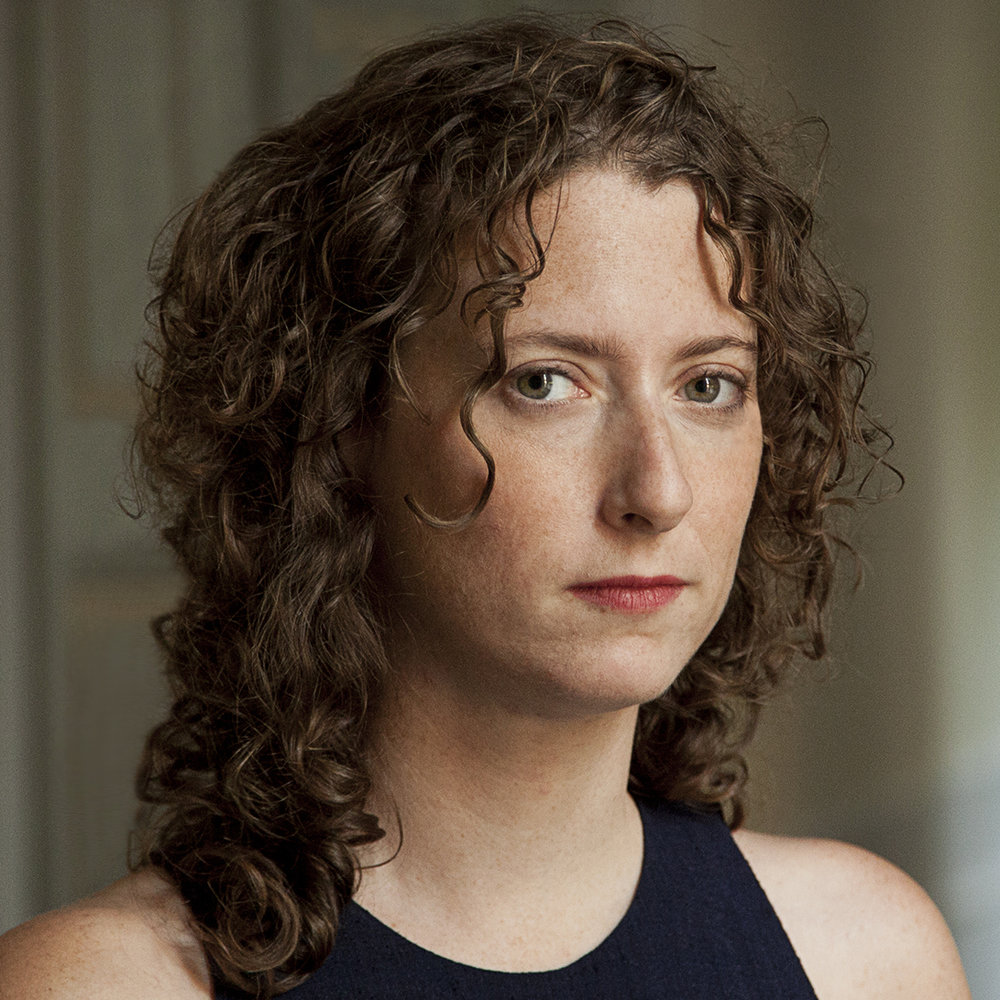 Nomadland, the Academy Award-winning and critically acclaimed Searchlight Pictures film was inspired by Columbia Journalism School professor Jessica Bruder ('04 M.S.)'s nonfiction book Nomadland: Surviving America in the 21st Century. Adapted and directed by Chloé Zhao and starring Frances McDormand, Nomadland won the 2020 Academy Awards for Best Picture, Best Director, and Best Actress. The film also won the 2020 BAFTA Best Picture Award, the 2020 Venice Film Festival's Golden Lion Award, and the 2020 Toronto International Film Festival People's Choice Award.
Nomadland, the Academy Award-winning and critically acclaimed Searchlight Pictures film was inspired by Columbia Journalism School professor Jessica Bruder ('04 M.S.)'s nonfiction book Nomadland: Surviving America in the 21st Century. Adapted and directed by Chloé Zhao and starring Frances McDormand, Nomadland won the 2020 Academy Awards for Best Picture, Best Director, and Best Actress. The film also won the 2020 BAFTA Best Picture Award, the 2020 Venice Film Festival's Golden Lion Award, and the 2020 Toronto International Film Festival People's Choice Award.
Published in 2017 by W.W. Norton, Bruder's Nomadland book follows the lives of Americans who, after losing their economic stability during the Great Recession, have taken to the road by the tens of thousands in late-model RVs, travel trailers, and vans, forming a growing community of nomads: migrant laborers who call themselves “workampers.”
How did Bruder discover this resonant story? "I had been reading about working in an Amazon warehouse, and I heard about this program called CamperForce that hired people - mostly retirement-age people - to come do the pick-and-pack labor in the warehouse," she explained. "A lot of it was branded as 'hey, these are Amazon's elves, like Santa's elves for the holidays - it's so much fun,' when in truth this was really hard labor, and much of the population doing it didn't have another choice. When I ended up hearing about all that, I pitched it to Harper's Magazine, where it ended up running as a cover story."
The magazine story grew into a book project. "Back then, when I wanted to report, I only had a tent. When I got a book deal, I went and bought a 20-year-old camper van, which I named Halen, and Halen and I hit the road, on and off, for about three years. We followed a woman named Linda May. She went and did a lot of work. She lived in a 12-foot camper called the Squeeze-In, because she could hardly squeeze in. I followed her all over the country. I went undercover at Amazon's CamperForce program and also the sugar beet harvest in North Dakota. Basically, I wove together all of these experiences into this book called Nomadland."
Now an adjunct professor at Columbia, Bruder first came to the Journalism School as a student in its Part-time Master of Science Program while she also worked in publishing. "I felt a little stuck," she explained. "I knew I wanted to do something different, something that felt more immediately relevant to the world that I was in. So I ended up applying to Columbia. I didn't think I'd get in. I applied as a part-time student - I didn't quit my day job. And I completely fell in love: I fell in love with the coursework, I fell in love with narrative journalism. Basically, this whole other world opened up for me that I didn't see coming."
As a professor, Bruder has offered the Master of Science Program class 'Subcultures: Narratives of the Invisible City.' "The critical thing is that people forget that subculture isn't just counterculture," Bruder explained. "Subculture is very, very broad. It's all sorts of non-blood families, it's all sorts of tribes, it's all sorts of groups who have this kind of internal cohesion. Each of the students will end up picking a group, embedding with that group, and doing three deep drafts of a story based on that group. We want students to go really, really deep, and make groups feel relatable to people who may have never encountered them before. That's a tall order to do in one short class, but it's one of my favorite things that I teach here."
A chronicler of subcultures, Bruder is also the author of Burning Book, a visual history of the Burning Man festival in Nevada's Black Rock Desert that captures the event's ethos of radical self-reliance and self-expression. Earlier this year, Verso Books published Snowden's Box: Trust in the Age of Surveillance, which Bruder co-authored with Columbia Journalism School professor Dale Maharidge. Their book recounts the strange analog backstory of two close friends thrown into one of the most significant whistle-blower dramas of our time.
___________________________________________________
As you consider the possibility of furthering your career as a journalist at Columbia, please explore our website to learn more about Columbia Journalism School's faculty members, course offerings, and career development services.
At Columbia, a top-tier journalism education can be within financial reach. Please visit our website to learn about our scholarship opportunities.
If you would like to make an appointment to speak with an admissions counselor, please email us at apply.journalism@columbia.edu.